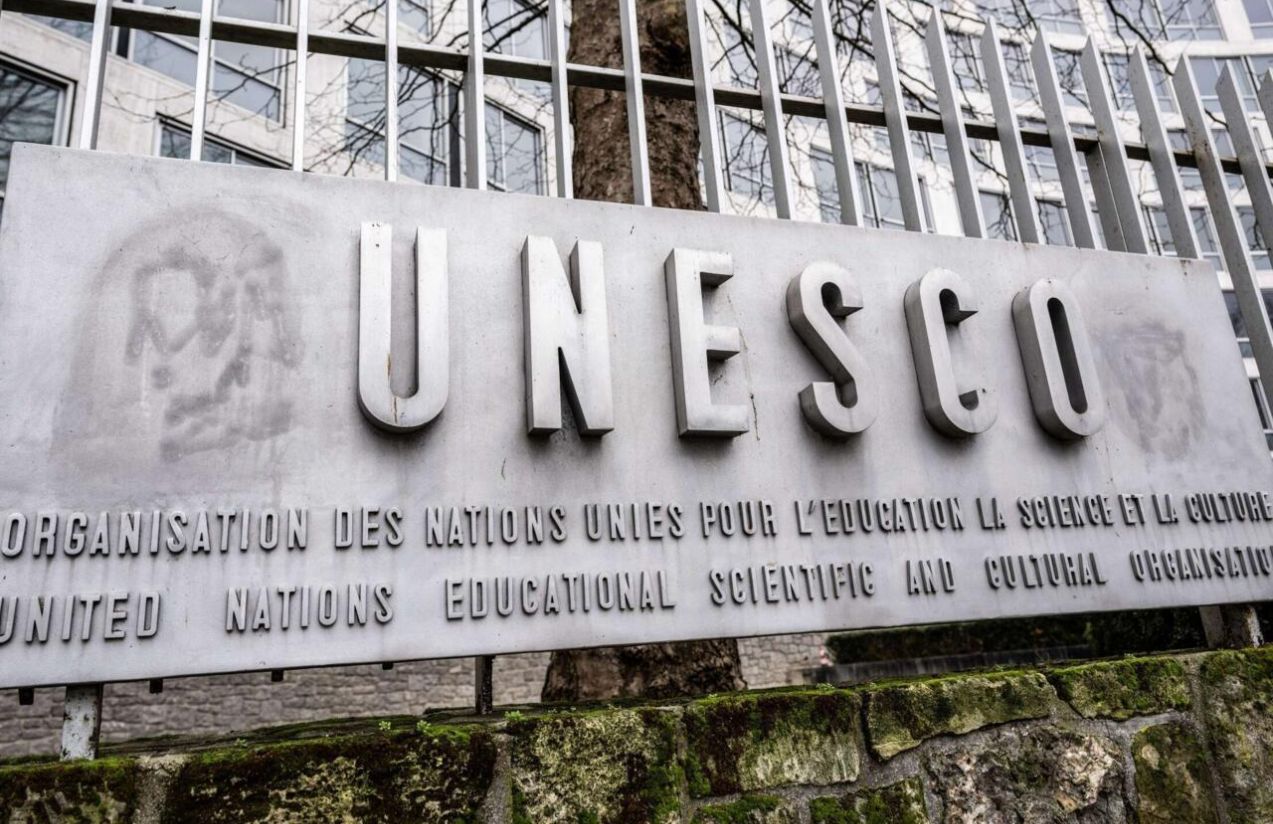The United States announced on Tuesday that it is once again withdrawing from the United Nations Educational, Scientific and Cultural Organization (UNESCO), citing what it calls a persistent bias against Israel and the promotion of divisive social and cultural agendas.
“Remaining in UNESCO is not in the national interest of the United States,” said State Department spokesperson Tammy Bruce. She added that the decision stems from the perception that the organization is advancing policies that are politically and culturally polarizing.
A key issue raised by Washington is UNESCO’s admission of Palestine as a member state, which Bruce described as a move that contradicts U.S. foreign policy and has contributed to increased anti-Israel rhetoric within the agency.
This marks the third time the U.S. has pulled out of UNESCO—and the second under President Donald Trump. During his first term in 2017, Trump made a similar decision, which took effect in 2018. The Biden administration rejoined the organization in 2023, aiming to restore multilateral cooperation.
UNESCO Director-General Audrey Azoulay called the U.S. withdrawal “regrettable but expected.” Internal sources said the agency had anticipated the move following a review ordered by the Trump administration earlier this year, and officials feared another withdrawal if Trump returned to power.
While the U.S. departure will have financial consequences—Washington contributes around 8% of UNESCO’s total budget—the agency has broadened its funding sources in recent years and believes it can withstand the impact.
The U.S. and Israel had already stopped funding UNESCO in 2011, after the agency voted to admit Palestine as a full member. The United States also left the organization in 1984 under President Ronald Reagan, accusing it of mismanagement, corruption, and alignment with Soviet interests. It rejoined in 2003 during the George W. Bush administration.

